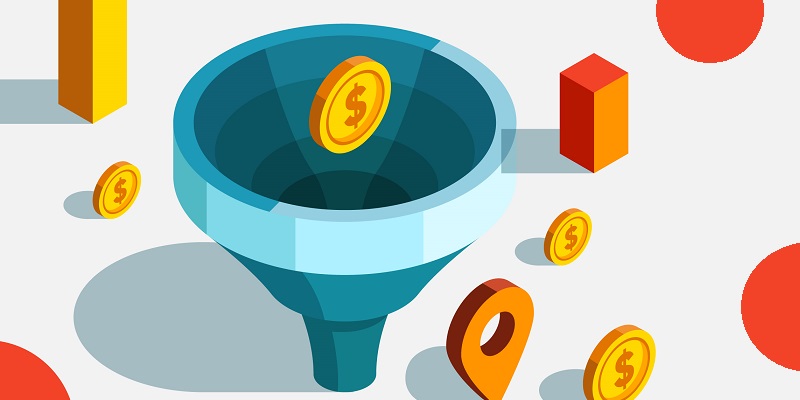Understanding the sales funnel stages is crucial for businesses that want to optimize their pipeline and maximize revenue. By comprehending the customer journey from awareness to purchase, companies gain valuable insights into their buyers’ behavior and preferences. In this article, we delve into the significance of building a sales funnel, explore tactics for each stage, and discuss the importance of measuring and analyzing sales funnel performance for continuous optimization.
Better Understanding of Buyers
One byproduct of building a sales funnel is that sales and marketing teams gain a deeper understanding of their target audience. By mapping out the various stages of the sales funnel, teams can identify the pain points, motivations, and preferences of potential customers. This insight enables them to tailor their marketing messages, content, and strategies to effectively engage and convert leads.
Effectiveness of Personalized Emails
Statistics reveal that personalized emails have a 14% higher click-through rate than generic ones and convert at an impressive 10% rate. By segmenting your audience at different stages of the sales funnel and customizing email content accordingly, businesses can establish stronger connections with prospects, nurture relationships, and ultimately drive higher conversions.
Tailoring Tactics for Each Stage
Different tactics and strategies must be employed at each stage of the sales funnel to effectively guide potential buyers towards making a purchase. During the awareness stage, focus on content marketing and SEO to capture the attention of your target audience. In the consideration stage, provide detailed product information, case studies, and testimonials to establish credibility. In the decision stage, offer personalized incentives, such as free trials or limited-time discounts, to encourage a final purchase decision.
By understanding the sales funnel stages, businesses can identify areas that need improvement and optimize their lead generation efforts. Analyzing conversion rates, drop-off points, and customer feedback across each stage allows companies to identify bottlenecks or weaknesses. With these insights, businesses can adjust their strategies, refine their messaging, and improve the overall customer experience, leading to higher conversion rates.
Laser-focused Marketing Strategies
To effectively optimize the sales funnel, businesses must ensure that their SEO tactics, lead generation efforts, and content marketing strategies are laser-focused on their target persona. By carefully crafting messaging, content, and advertisements that resonate with the needs and desires of their ideal customers, businesses can attract and retain high-quality leads throughout their funnel.
Maintaining a Full B2B Sales Funnel
To keep the B2B sales funnel full, businesses must employ a mix of marketing tactics. Generating leads through various channels such as social media, email marketing, events, and partnerships helps maintain a steady flow of potential customers. Additionally, nurturing leads through targeted campaigns, personalized interactions, and continuous follow-ups ensures a high conversion rate throughout the sales funnel.
Boosting Conversion Rates
Understanding each stage of the sales funnel allows businesses to craft targeted marketing strategies to nurture potential customers and guide them from one stage to the next. By analyzing the specific pain points and motivations at each stage, businesses can provide tailored solutions and incentives to overcome barriers and drive conversions. A laser-focused approach enhances engagement, builds trust, and increases the likelihood of a successful sale.
Streamlining Marketing Efforts
When you understand the sales funnel stages, you can allocate resources and efforts effectively. By analyzing the customer journey, businesses can identify the most effective marketing tactics for each stage and channel their resources accordingly. This streamlines marketing efforts, reduces the wastage of resources, and maximizes the return on investment (ROI) for marketing campaigns.
Measuring and Analyzing Sales Funnel Performance
To optimize your sales funnel, you must measure and analyze its performance. By monitoring key metrics such as conversion rates, lead quality, customer retention, and customer lifetime value, businesses can identify areas of improvement and make data-driven decisions. Analyzing these performance indicators helps refine strategies, realign messaging, and enhance the overall effectiveness of the sales funnel.
Understanding and optimizing the stages of the sales funnel is essential for any business aiming to maximize revenue and pipeline. By gaining insights into buyer behavior, crafting personalized experiences, and continuously measuring performance, businesses can build a strong sales funnel that efficiently guides potential customers from awareness to purchase. With a focus on each stage, businesses can anticipate customer needs, deliver value, and convert leads effectively, resulting in sustainable growth and increased revenue.

